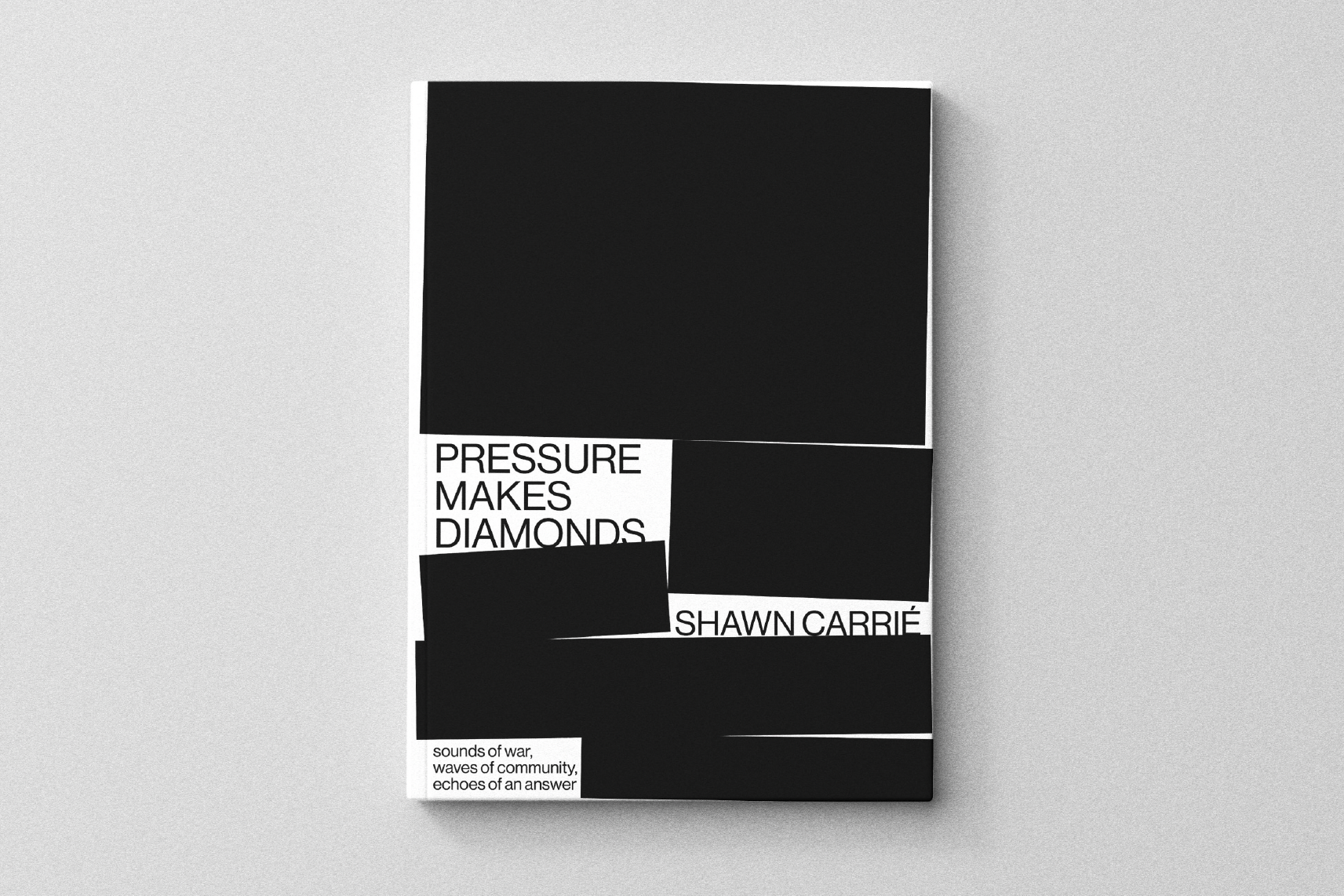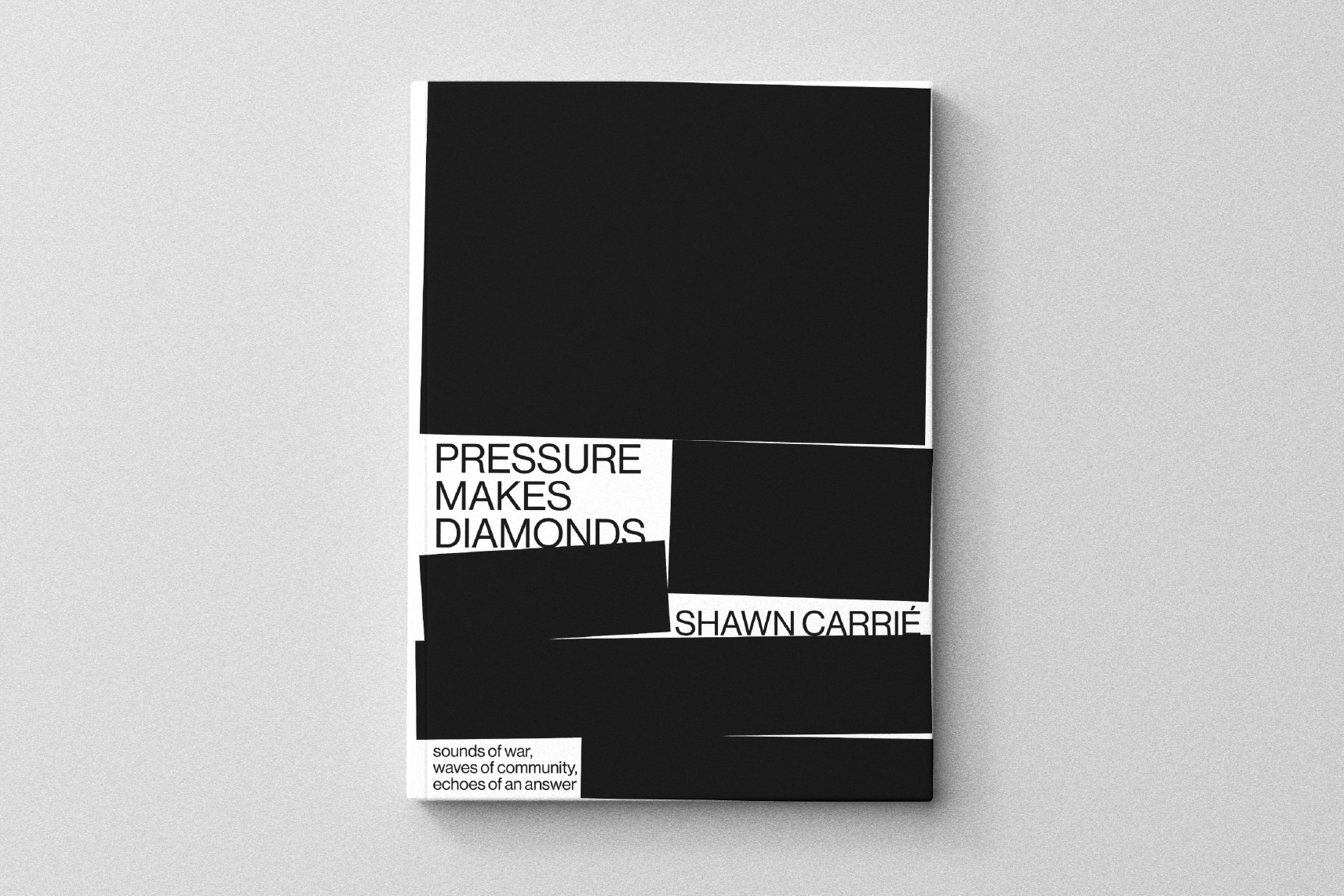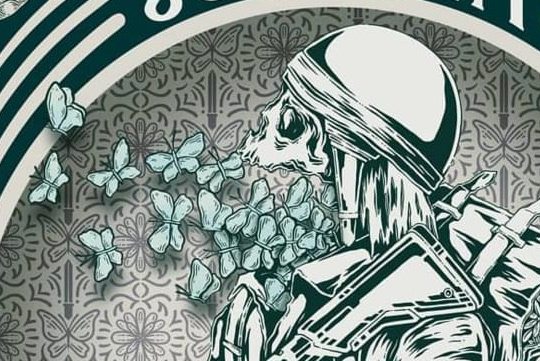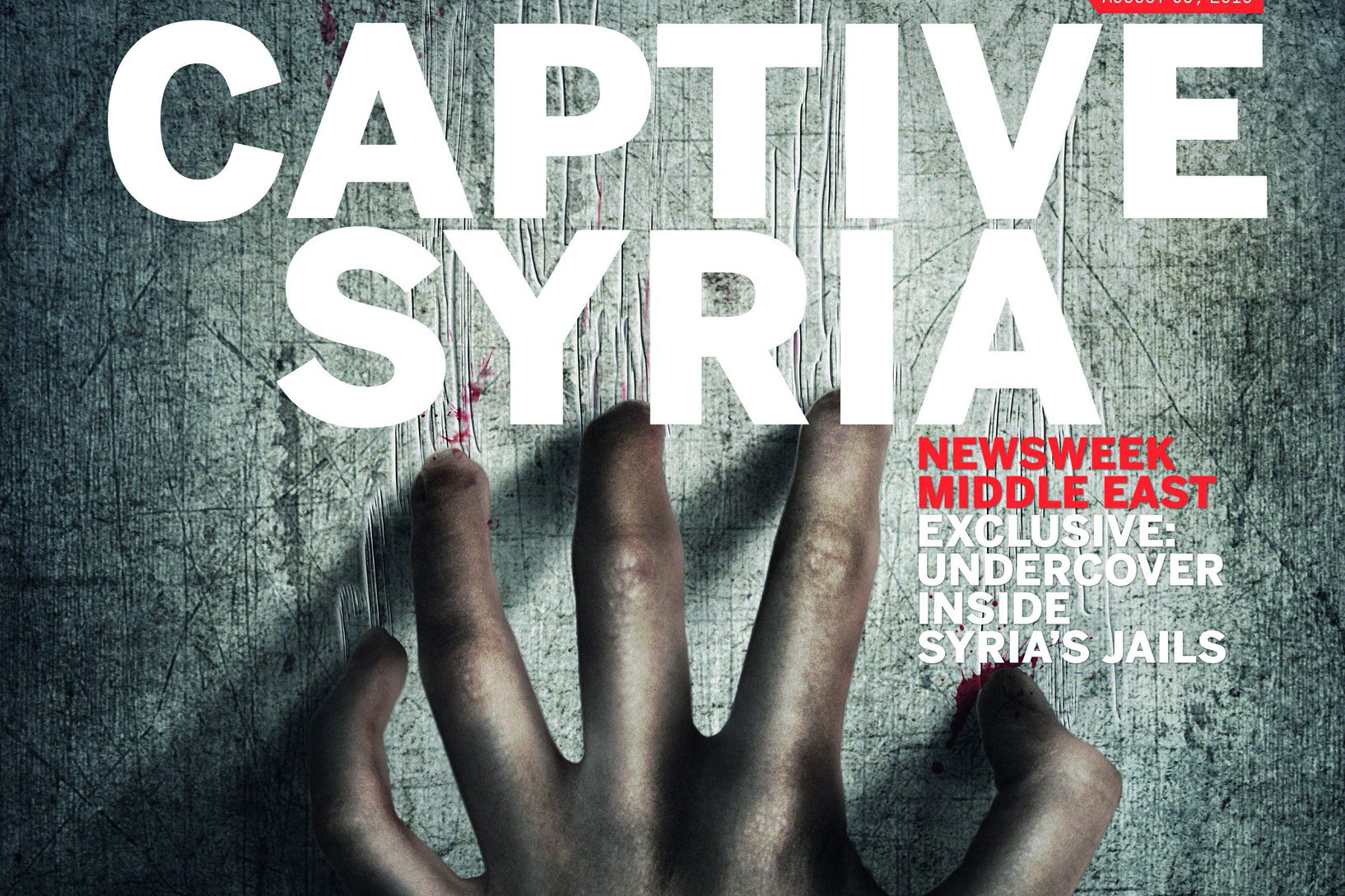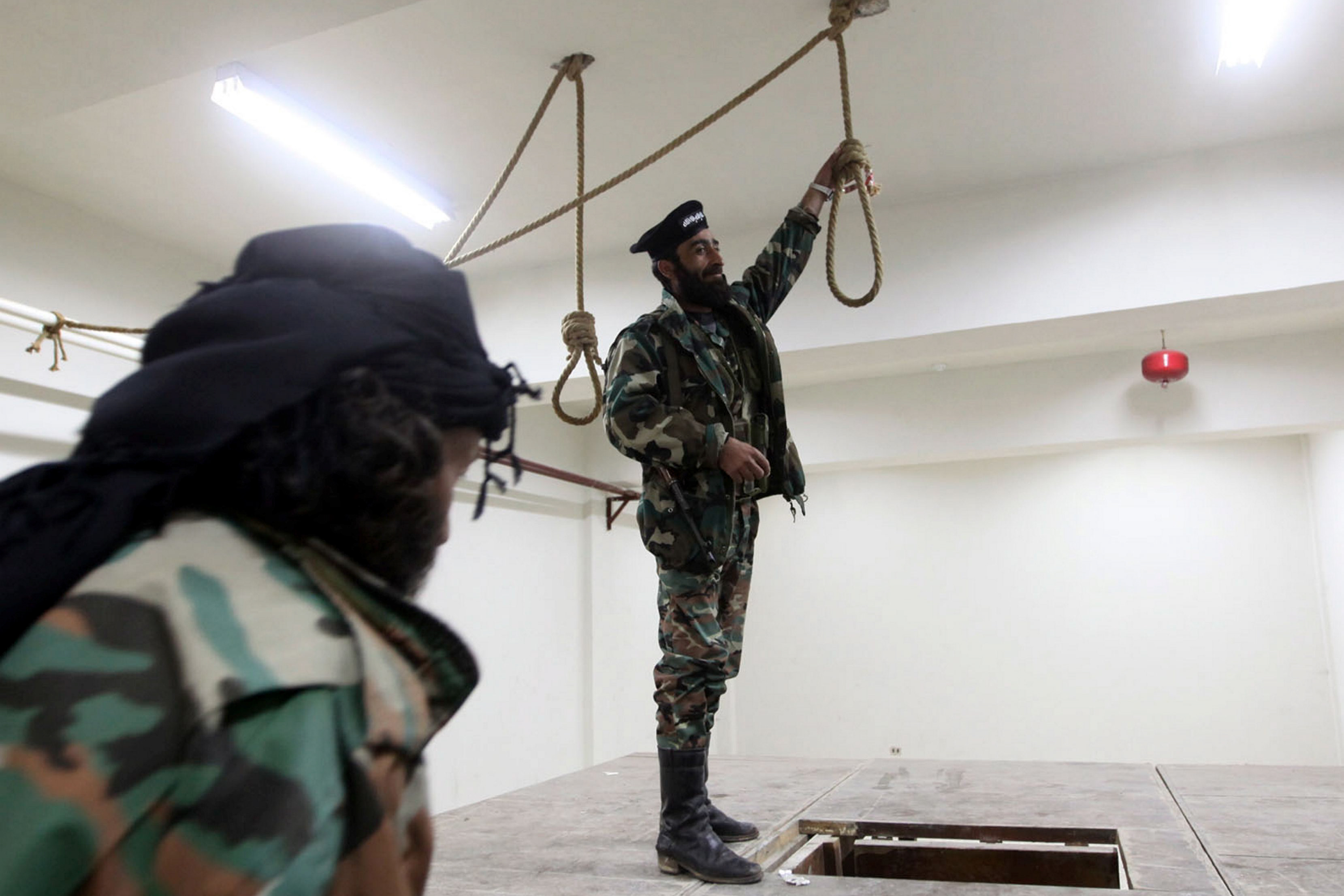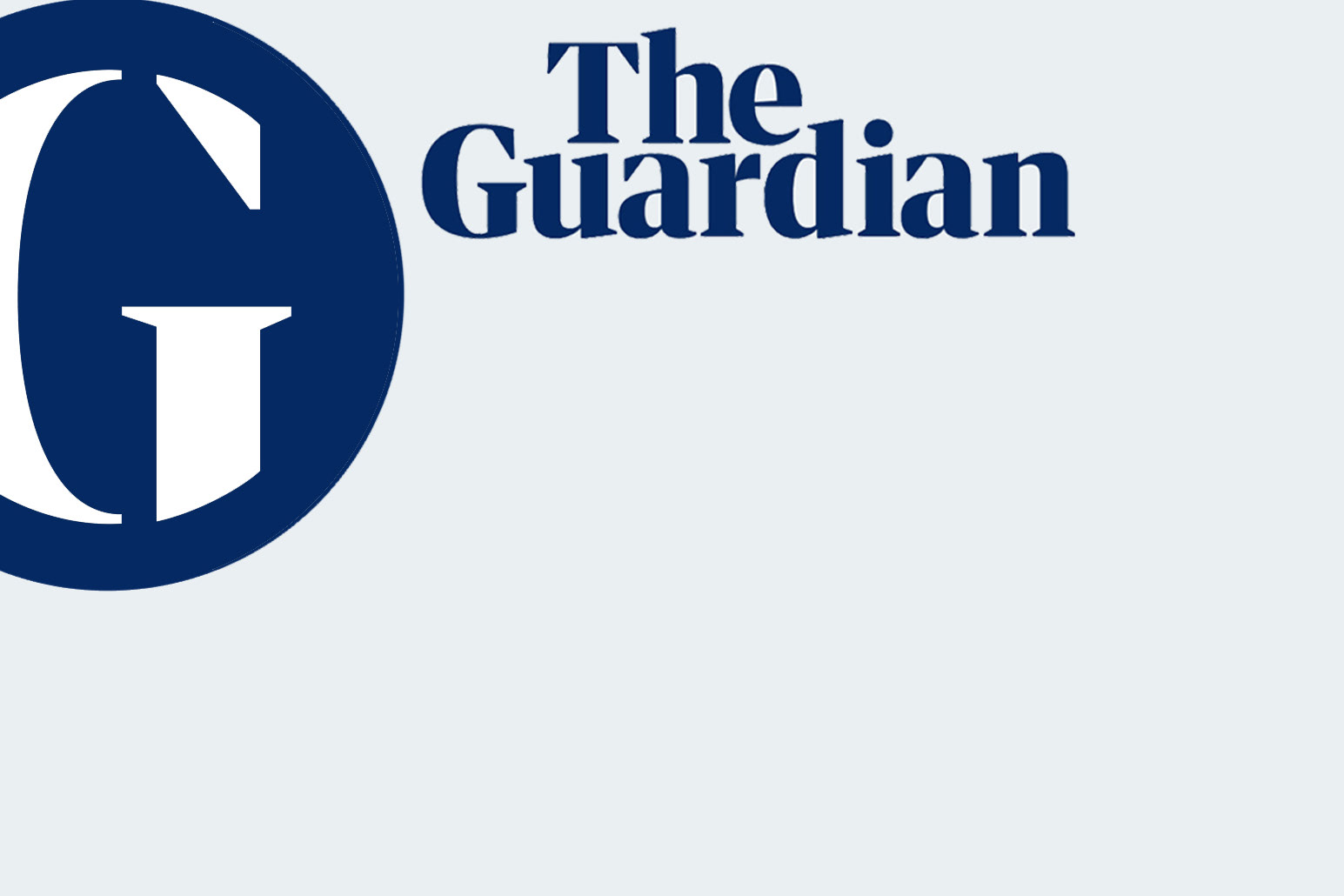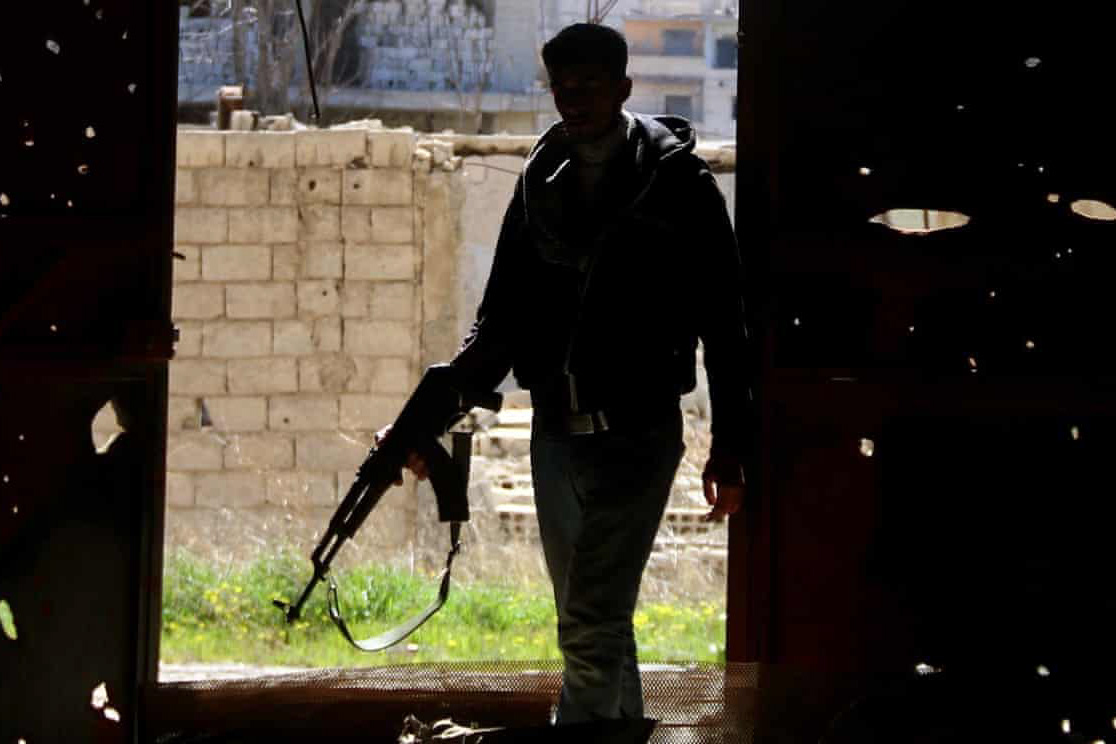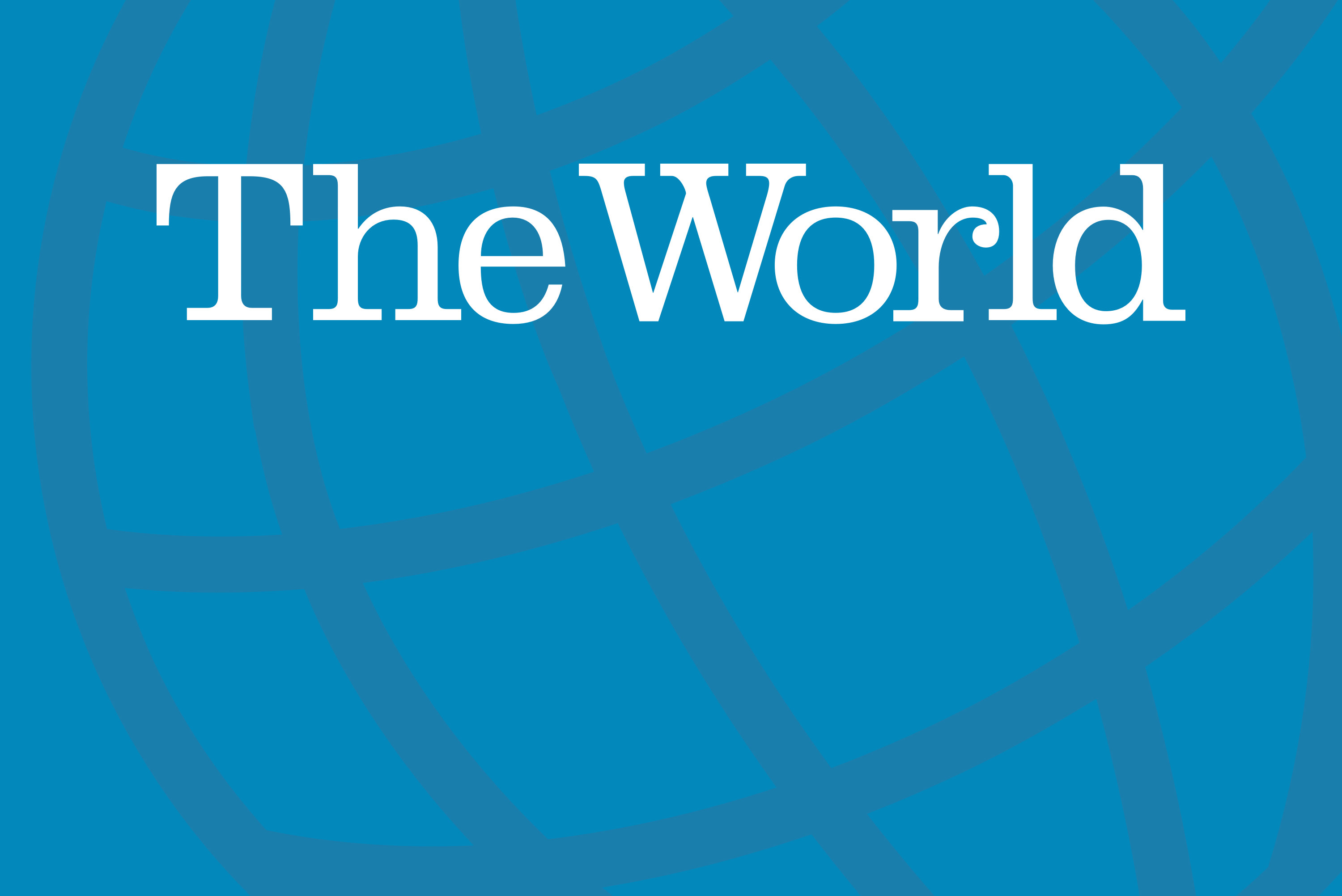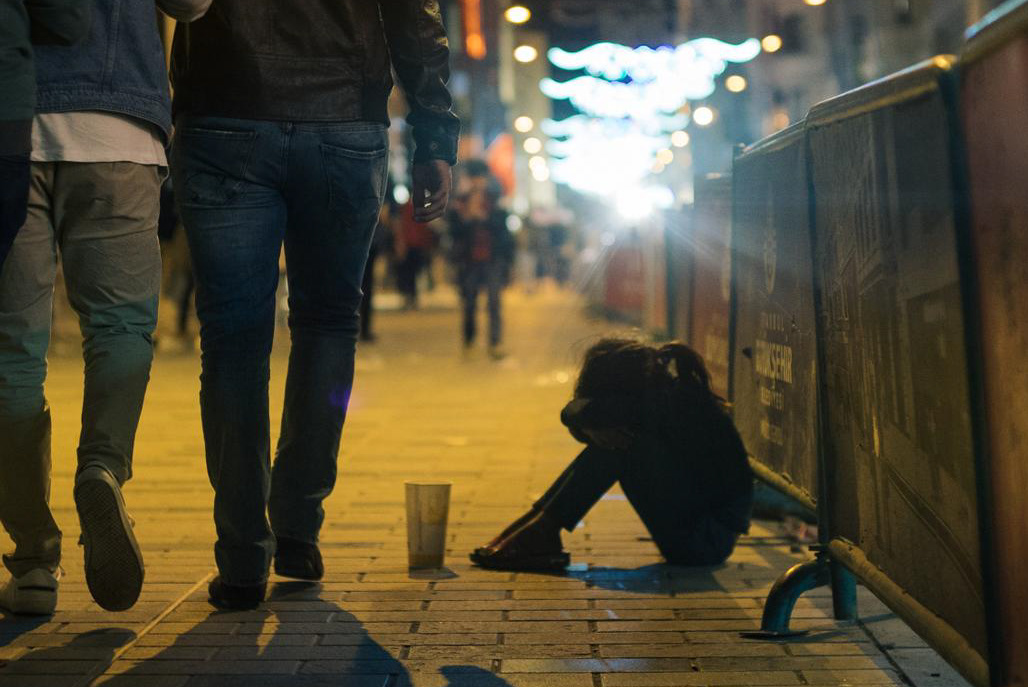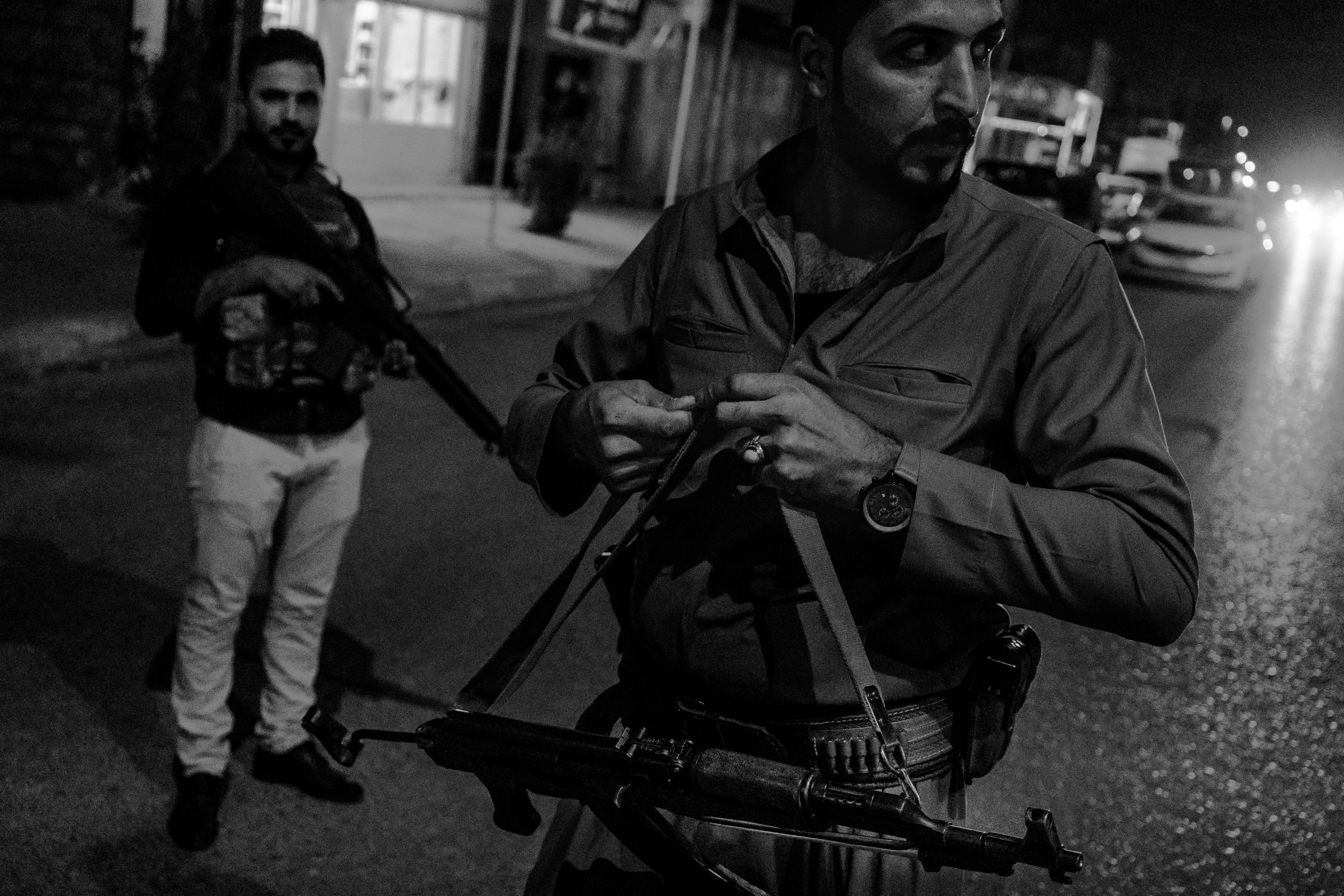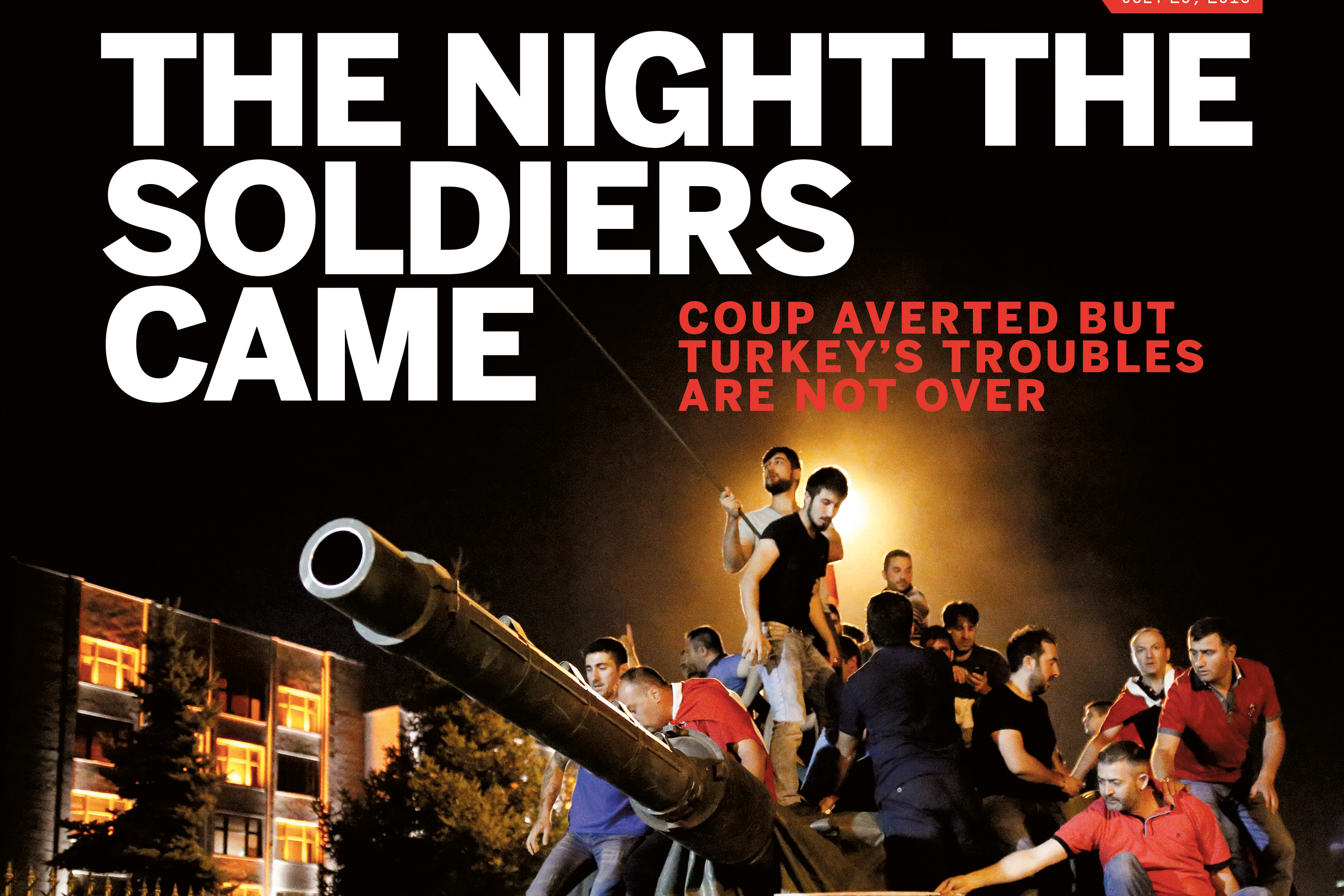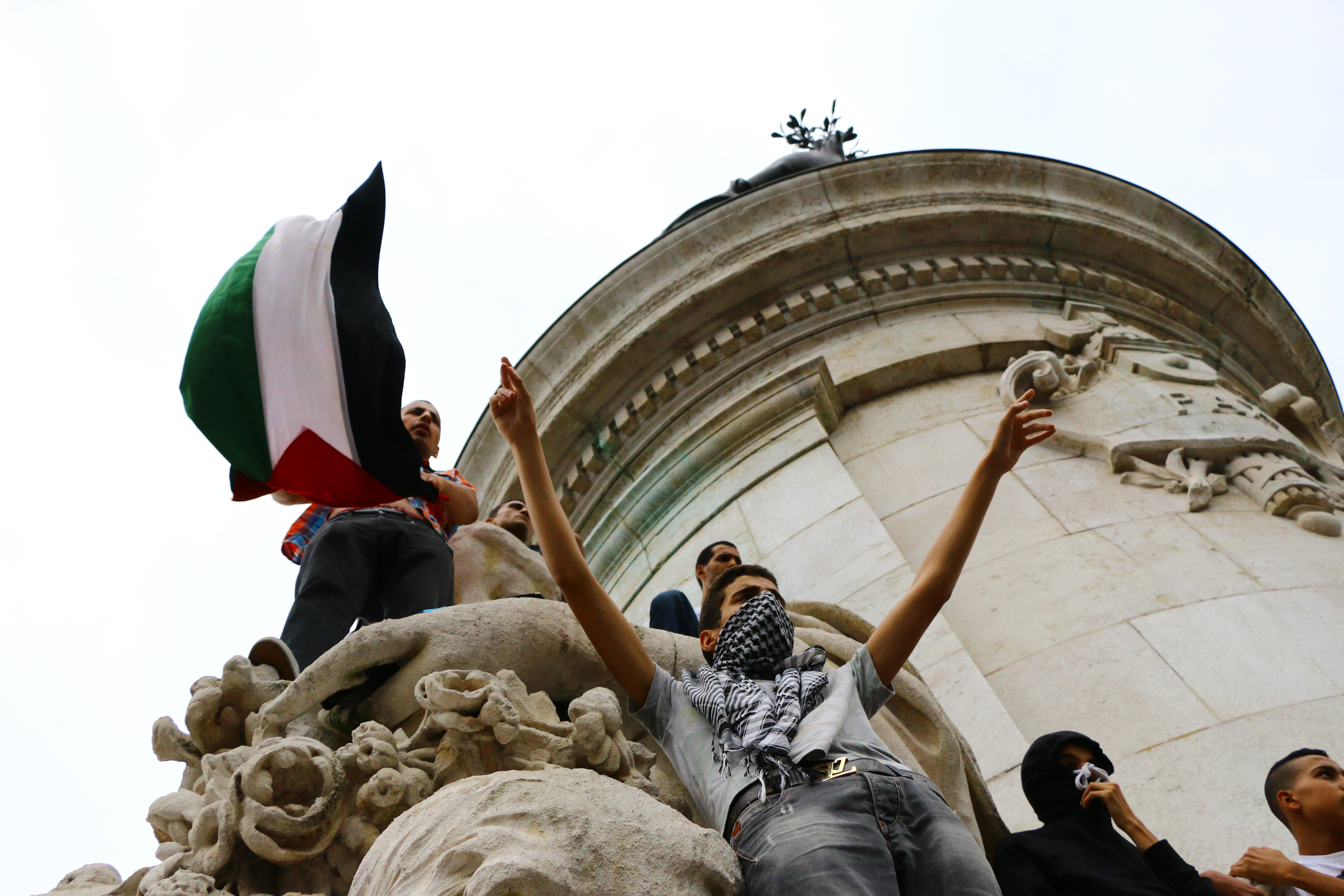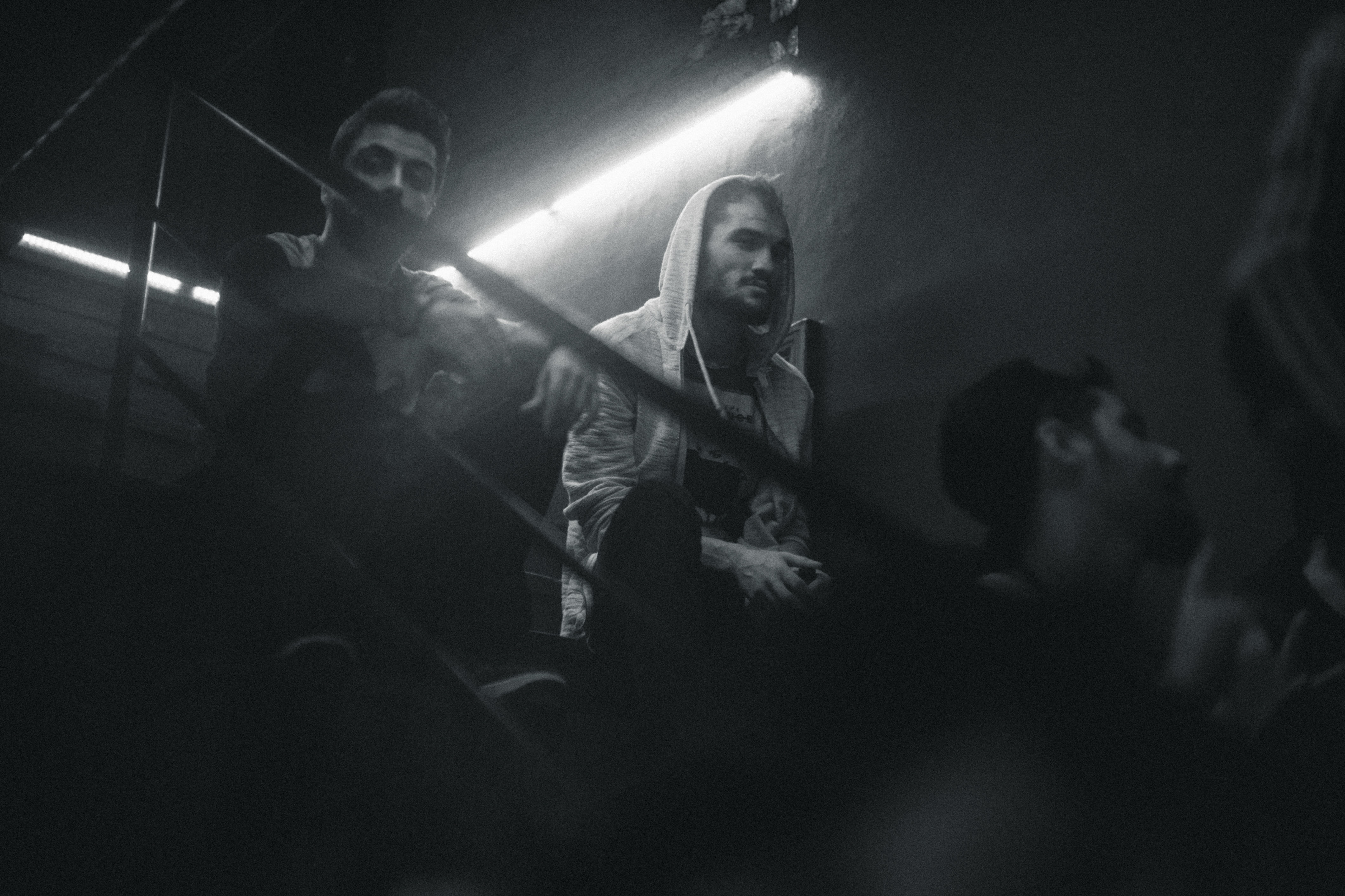Before the war, it was strange to see smoke in the sky.
Fahad Sabah looked out on the city from the roof of his home with a bad feeling in his stomach. He saw black, thick, heavy smoke rising over the river that bisects the city. He went down to the basement and pulled out a flat box about seventy-five centimeters wide. It contained his most prized possessions—a satellite dish, and a stack of books.
If anyone saw him, he’d likely have been executed in the public square.
Firing up the satellite in the stairwell leading to up to the roof, he managed to get a signal: a scratchy evening news report. A short line with the name of his alma mater scrolling at the bottom of the screen caught his attention. The words brought him to sudden, surprised tears.
The smoke he saw earlier that day was from the library at Mosul University. The men who had taken over his city, and made reading books into a crime, had burned down the library. In a day, thousands of volumes were lost. With them went a thread that had bound the city together for generations.
It was February 3, 2015—the 219th day of the caliphate.
